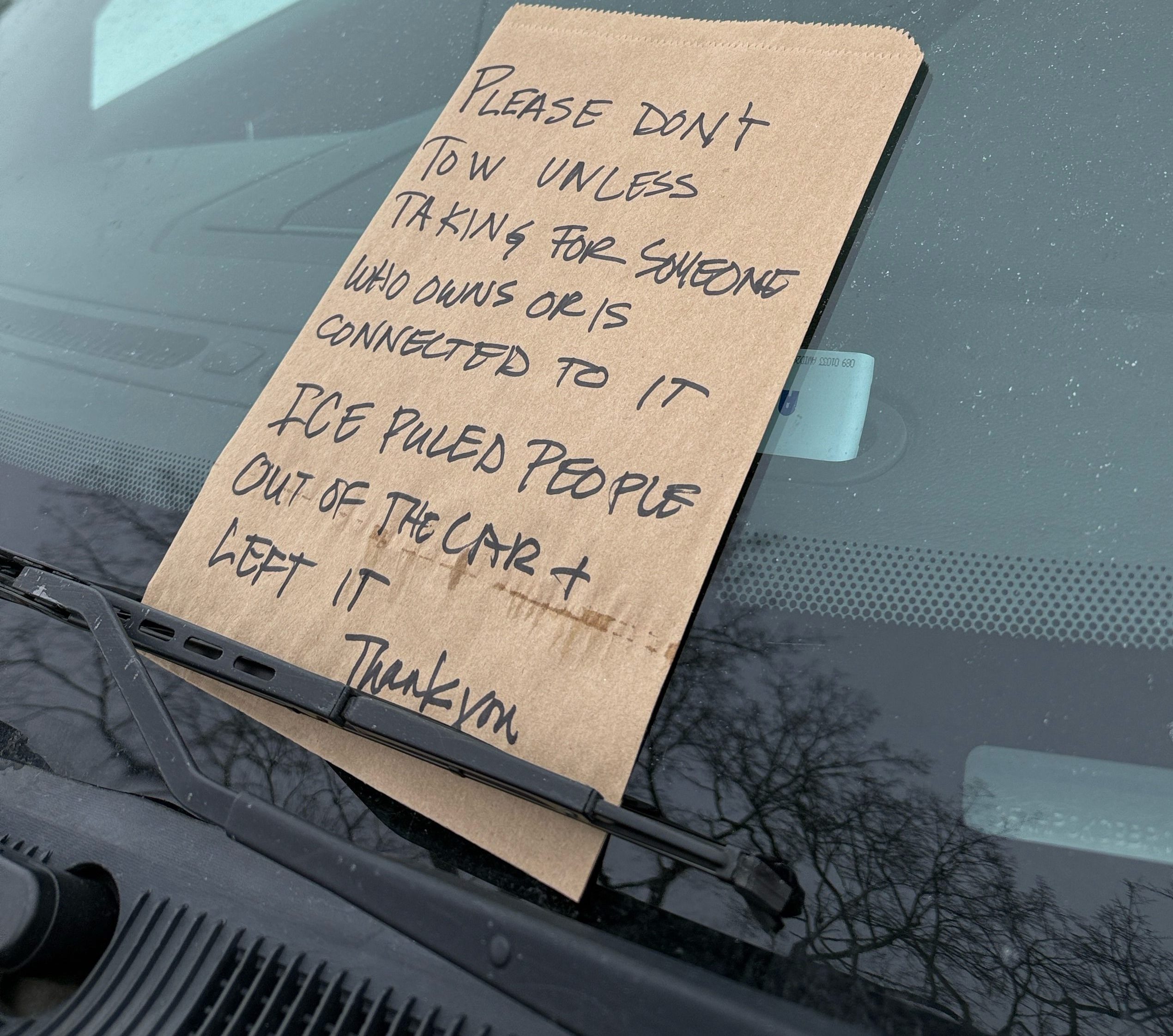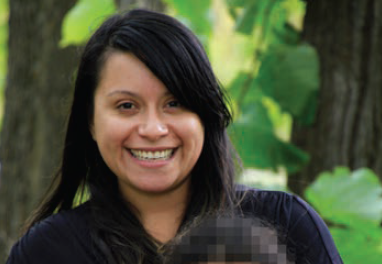One Halloween, my husband, John, and I were trick-or-treating with our children and a large group of neighbors.
John was known as the enforcer, always making sure that the kids said “thank you” after receiving their treats.
At one point in the evening, he accidentally wandered off with the wrong group and was yelling at unknown children: “Remember to say thank you!” or “I didn’t hear any thank yous!”
While I am sure that the other group wondered who this random person was enforcing trick-or treating etiquette, his efforts were intended to help our children be thankful for small gifts.
It is one of the earliest messages we learn as a child: be thankful! The Roman philosopher Cicero referred to gratitude as the “Mother of all human feelings,” and it is one of the most basic.
Gratitude is nothing if held within. In my own faith tradition, we have a formal time to express gratitude in each worship service.
This time to acknowledge what we are thankful for is an important part of our ritual because it is also a call to remember our interconnectedness.
Dietrich Bonhoeffer wrote extensively on gratitude and said, “In normal life we hardly realize how much more we receive than we give, and life cannot be rich without such gratitude.
“It is so easy to overestimate the importance of our own achievements compared with what we owe to the help of others.”
Generosity is a natural response to gratitude. In my work as executive director of Agate Housing and Services, I marvel at the generosity of those who have so little.
When given a food kit, socks or gloves, the folks I work with often gather to share what they have been given immediately with others in the community who are also in need.
It always gives me pause to think about their immediate and instinctual actions when so many of us, who have more than we need, fail to have the same response.
The early Christian church acted similarly, and the early followers of Jesus lived communally, thanking God and sharing all they had with each other so that no one was left without.
In the Lutheran Church there is an old hymn that we sing around this time of year, “Now thank we all our God, with hearts and hands and voices.”
The hymn calls us to prayers of thanksgiving, and in response, to act with love, actions and words.
In this season, and always, may we recognize and acknowledge our gratitude for what we enjoy in life through our generosity to others whom we are called to help.






